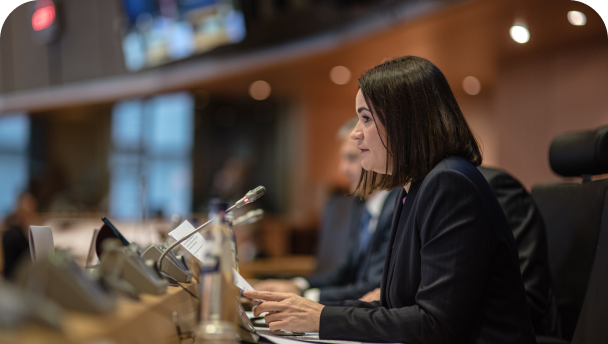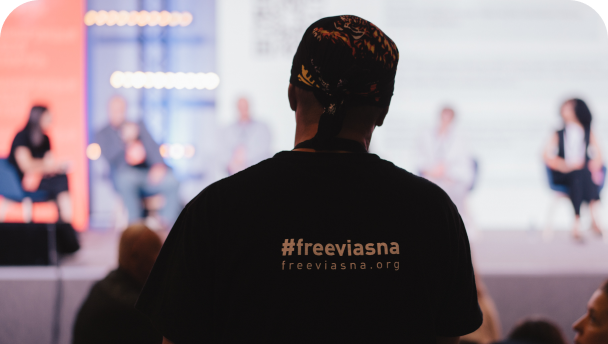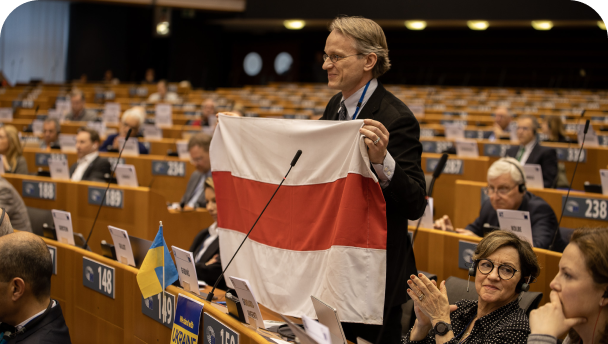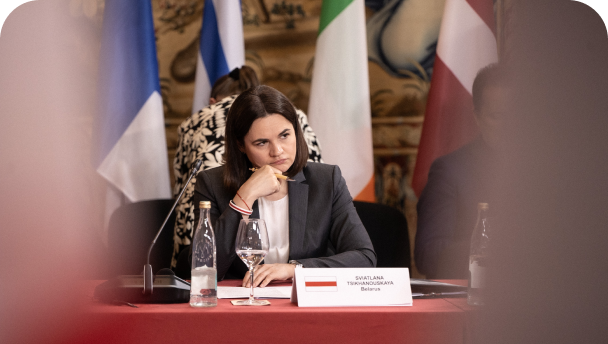Support for political prisoners
How Sviatlana Tsikhanouskaya’s Office helps political prisoners
and how you can contribute
and how you can contribute
Human rights organizations estimate the number of people in Belarus imprisoned on political grounds to be at least 1192.This means thousands of families suffering from repression.
Among the political prisoners used to be Sviatlana Tsikhanouskaya’s husband, Siarhei Tsikhanouski, who was sentenced to 19.5 years in prison. He spent over two years in total isolation – under incommunicado conditions. According to Siarhei’s account and many other testimonies, prisoners face cruel treatment behind bars.
The key priority of the Office of Sviatlana Tsikhanouskaya is supporting political prisoners and striving for their release. Below, you can read brief information about the situation with political prisoners and learn what we are doing and how you can help.
If it is safe for you, tell your acquaintances or online audience about the situation in Belarus and ways to help political prisoners.
Dissidentby invites prominent people, initiatives, and organizations to become guardians of political prisoners. If you are a member of parliament in your country (or a MEP), we invite you to join Libereco’s campaign. You will receive the contact information of the prisoner’s family to arrange for practical assistance.
You can send a letter to a political prisoner easily and for free through online platforms.
For details on what to include and how to send it, see the guide from Viasna.
See the list of aid initiatives below.

The Viasna Human Rights Center provides comprehensive assistance to political prisoners and their families.
Viasna’s legal service advises on issues of politically motivated persecution and helps to file complaints with state and international bodies. Viasna also documents human rights violations.
For advice or to report violations, contact Viasna’s hotline (@ViasnaSOS) or write to @zvarot96 for legal assistance.

A Country to Live in Foundation provides comprehensive support to political prisoners and their families and organizes awareness and solidarity campaigns. For legal help, contact @stranafundyd_YD_bot. For counseling, contact @stranafund_psy_Bot. To receive help with the legalization of stay in Lithuania, contact @strunufund_nigris_bot.

Freedom Postcards finds artworks by political prisoners, tells stories of these works, creates merchandise and products with them, and raises donations to help prisoners. The initiative aims to remove the stigma of “criminals” imposed by the regime’s propaganda on political prisoners.
Donations collected by the initiative are redirected to Dissidentby, which provides care packages for political prisoners.

Dissidentby collects information about politically motivated criminal and administrative persecution.
Dissidentby also provides material support to political prisoners, including through financing care packages, parcels and money transfers. The initiative helps former political prisoners find work.
You can write a letter to a political prisoner for free through the Dissidentby website.
Write a letter: https://dissidentby.com/by/letter

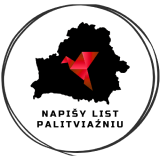
The “Write a Letter to a Political Prisoner” initiative organizes weekly meetings for writing letters to political prisoners and runs the “Letter Bank” project.
The initiative strives to support people in prisons with letters and raise awareness of the situation with human rights violations in Belarus.
Find announcements of the meetings on Instagram or on the website of the Belarusian Youth Hub.

Politzek.me is a support platform for political prisoners that shares information about the repressed and ways to help them.
The platform also raises donations to help the families of political prisoners collect care packages and pay legal bills.

Volnyja helps former political prisoners with resocialization after release by providing medical, financial, and psychological support.
The initiative also organizes a mentoring program. Mentors support former prisoners during the difficult path of resocialization. Anyone can become a mentor.

The BYSOL Foundation provides financial assistance to political prisoners and their families, as well as supports those who have been released and other repressed people. BYSOL works to encourage mutual assistance in crisis situations.
On the foundation’s website, you can donate to a fundraiser for a specific person or family, or to a general fundraiser.
The foundation also helps victims of repression escape Belarus.
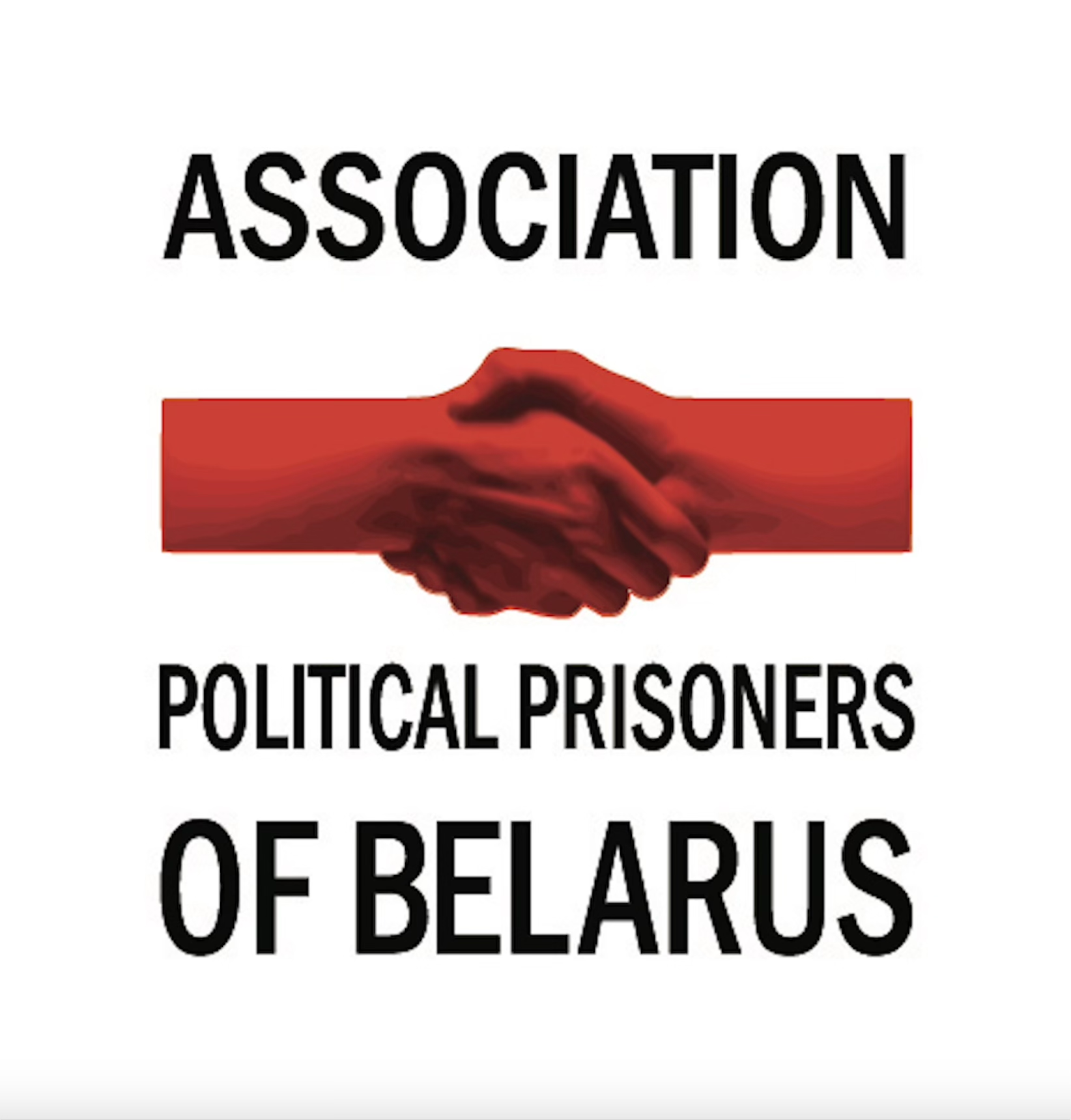
The Association of Political Prisoners of Belarus unites former political prisoners forced into exile because of their political activity or civic position.
The association helps former political prisoners settle in new countries by advising them on integration, legal, and social adaptation and provides support in solving difficulties in the first months after moving.

The One Contact information and consultation platform helps people who have been released from prison access all the information they need about the support available to victims of repression in Belarus. On the platform, you can contact an operator confidentially and free of charge to receive advice on assistance in the country where you are located.
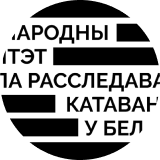
The International Committee for the Investigation of Torture in Belarus is a special project of the human rights organization Legal Initiative, founded in partnership with Belarusian and international human rights defenders.
The committee records cases of torture, advocates for the interests of the victims, helps them legally, analyzes information about torture, and conducts public communication.
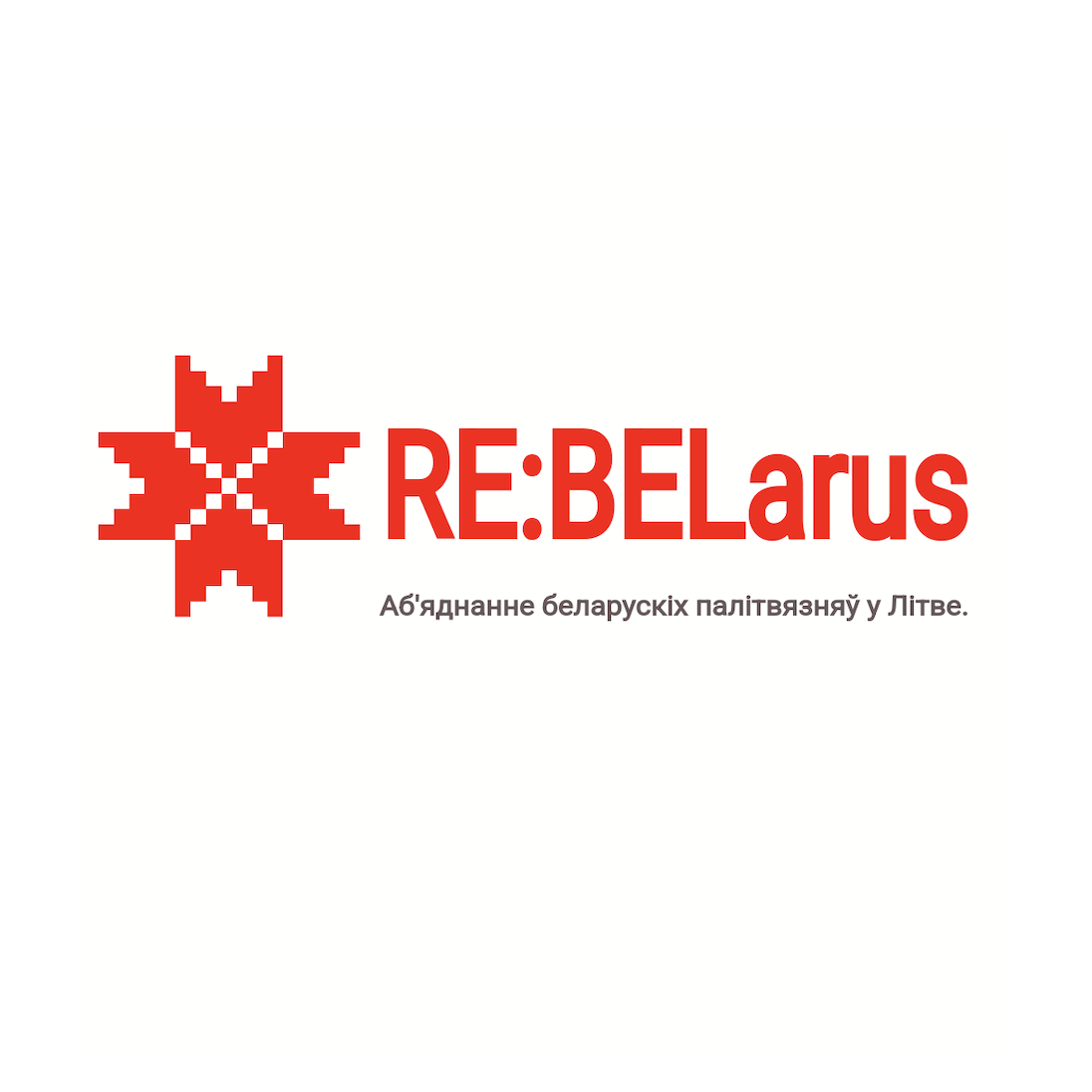
RE:BELarus is a community of like-minded people, including former political prisoners and repressed people from Belarus. RE:BELarus can consult you about job opportunities, housing rentals, legal documents in Lithuania, and more. They also guide people on where to seek medical assistance in exile, where to find language and retraining courses, and which Belarusian organizations help political prisoners and the repressed.
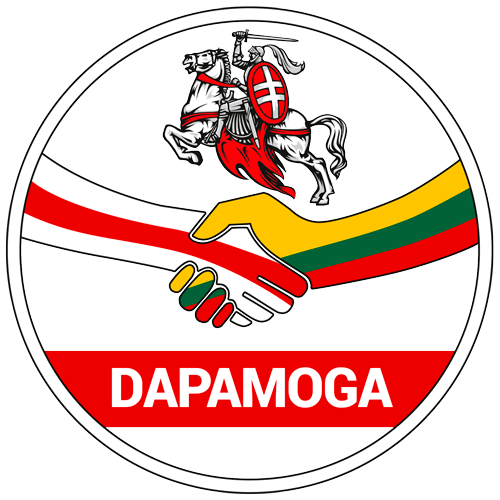
Dapamoga is a non-profit organization that unites activists from Lithuania and Belarus. Dapamoga supports people in exile in Lithuania with finding housing, jobs, medical care, psychological help, and other needs. Dapamoga also has a webpage with answers to frequently asked questions about living in Lithuania.
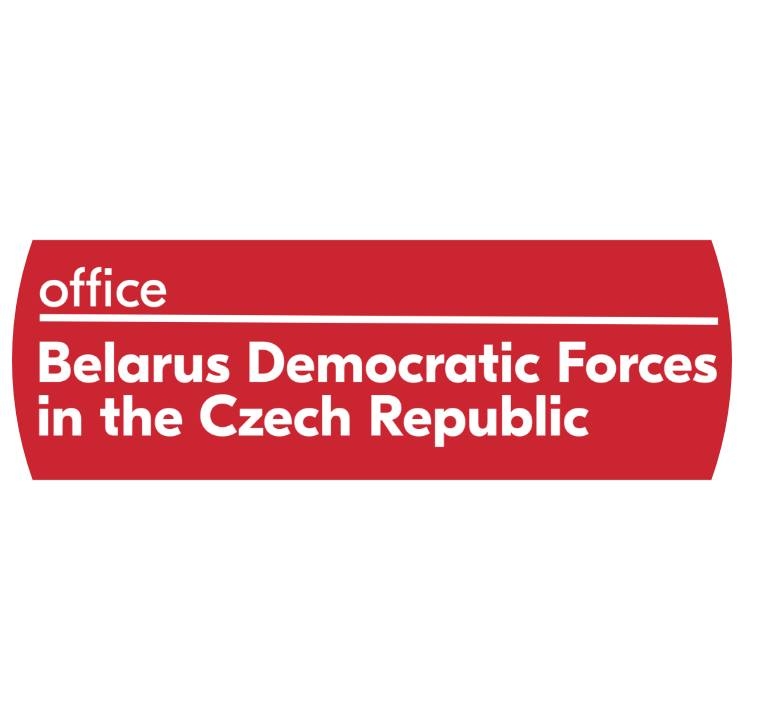
The Office of Belarus Democratic Forces in the Czech Republic helps former political prisoners who are either in the Czech Republic or planning to move there. It provides assistance with the legalization of stay and adaptation processes. It connects repressed Belarusians with Czech NGOs where they can receive initial financial and psychological support.
You can contact the Prague Office via email and, in urgent situations, via messengers.
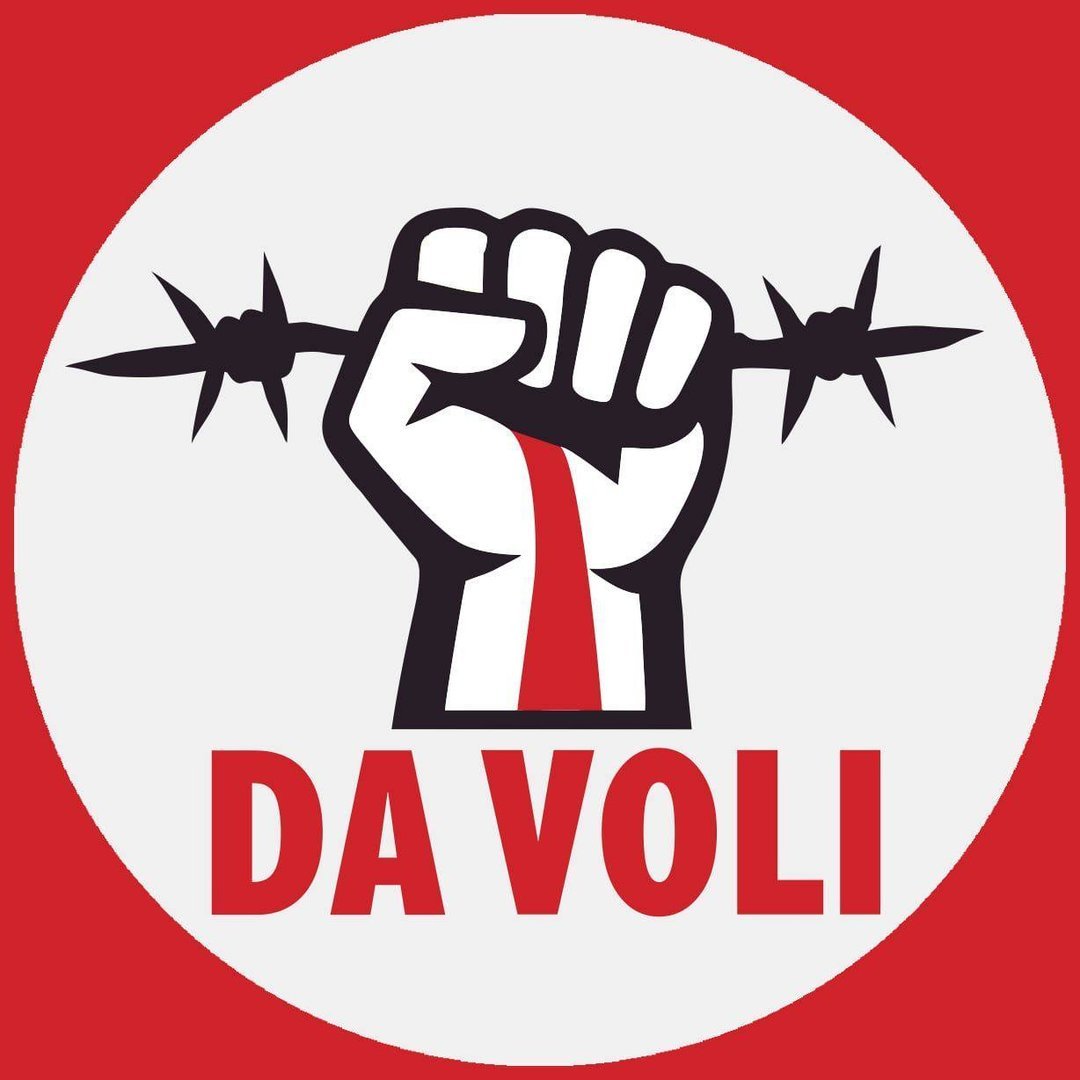
The DaVoli Association unites former political prisoners. Together, they assist released prisoners with transportation, housing, phones and communications, legal stay, clothing, travel passes, and psychological support. Small financial support is also available.

The Association provides consultations to victims of repression and prepares legal opinions on the risks of remaining in Belarus — such opinions help when applying to the migration authorities of other countries. Lawyers also assist in submitting individual complaints to international bodies and in triggering human rights protection mechanisms. They also may examine a person’s situation and provide legal support in in-absentia criminal cases launched in Belarus.

The Belarusian Solidarity Center supports former political prisoners currently in Poland. BSC assists with temporary accommodation, legal stay (including international protection), and legal consultations, as well as psychological support and adaptation. The Center also offers Polish language courses and supplementary education for the children of former political prisoners. The BSC space in Warsaw is open – people are welcome to come and spend time in a calm environment or together with like-minded individuals.
If you want your initiative or organization to be on this page, please let us know via email at outreach@tsikhanouskaya.org.
Since 2020, more than 65,000 people in Belarus have been to detention centers on political grounds. People face prolonged persecution and torture, with their relatives also subjected to repression.
Since May 2020, 4,339 people have been recognized as political prisoners. As of late December 2025, there are 1,131 political prisoners in Belarus, 167 of them women.
Some prisoners are held incommunicado — deprived of the right to correspondence, phone calls, and visits, including from lawyers.
Political prisoners held incommunicado include Uladzimir Kniha, Andrei Navitski, Mikalai Bankou, Aliaksandr Frantskevich, and Aliaksandr Aranovich.
Nine Belarusians have died in detention, with at least one known case of a political prisoner taking their own life.
Human rights defenders maintain a humanitarian list that includes political prisoners who are at particular risk in prison.
The latest information states that there are 182 people on this list.
90% of people convicted on political grounds report experiencing psychological violence in prisons, while 43% report physical violence.

“Every day in detention is another day that political prisoners sacrifice for a free Belarus. Every day that political prisoners spend behind bars we should struggle for their freedom.
Please, speak out loudly about our political prisoners. Support them and their families with letters, parcels, and donations if it is safe for you. Help can’t be little. Everything we do contributes to a great cause”.
Sviatlana Tsikhanouskaya
